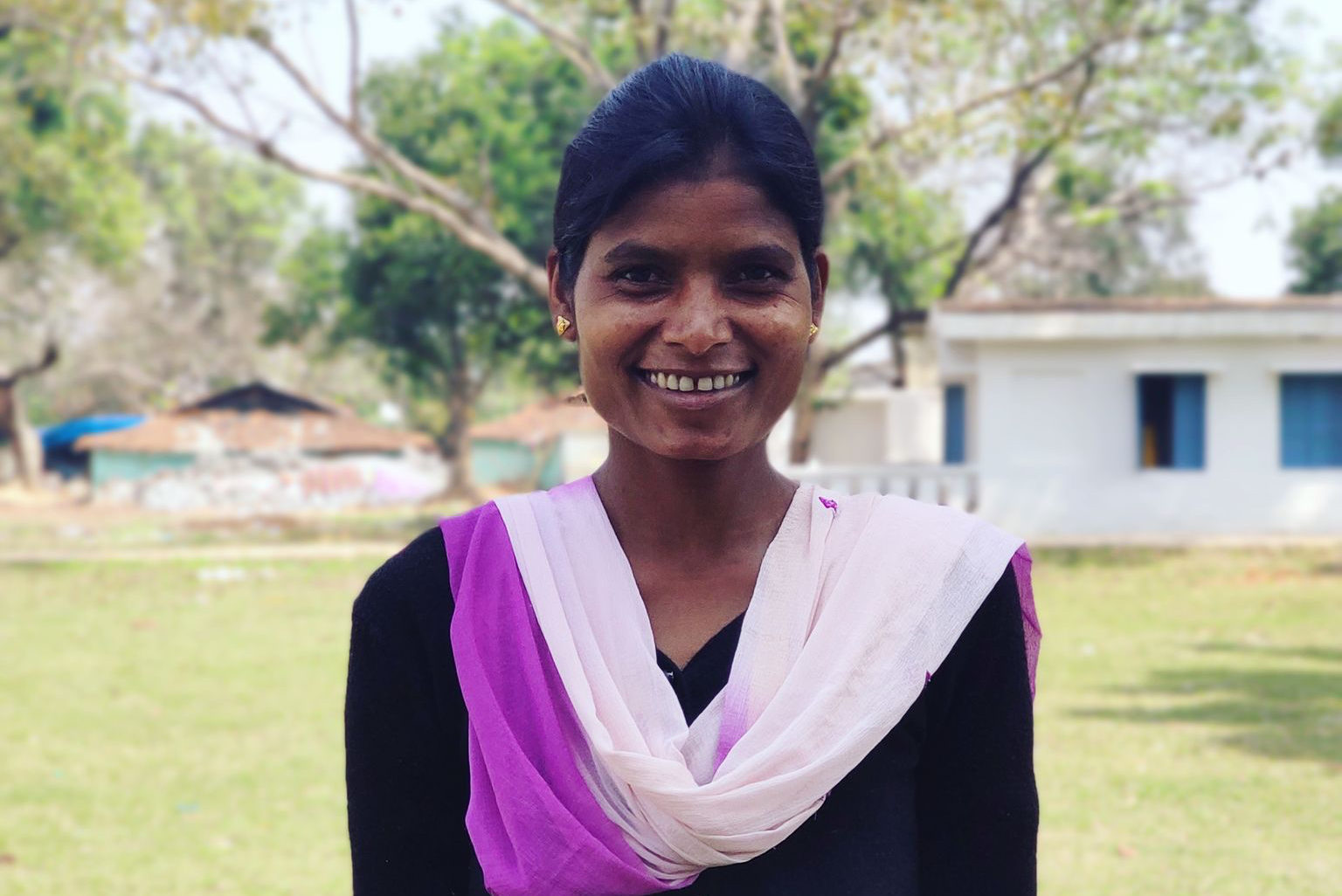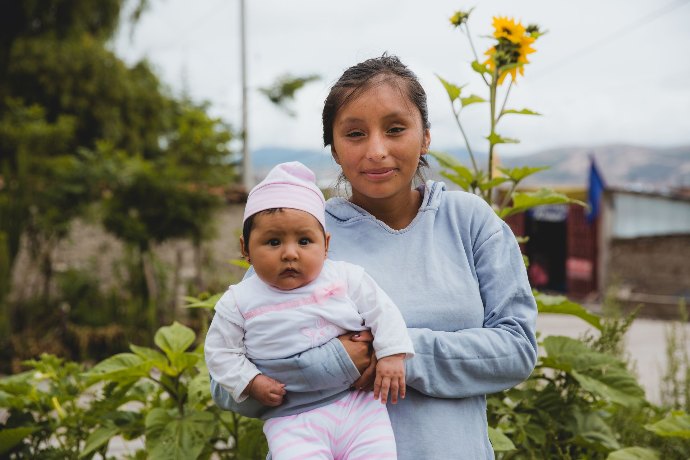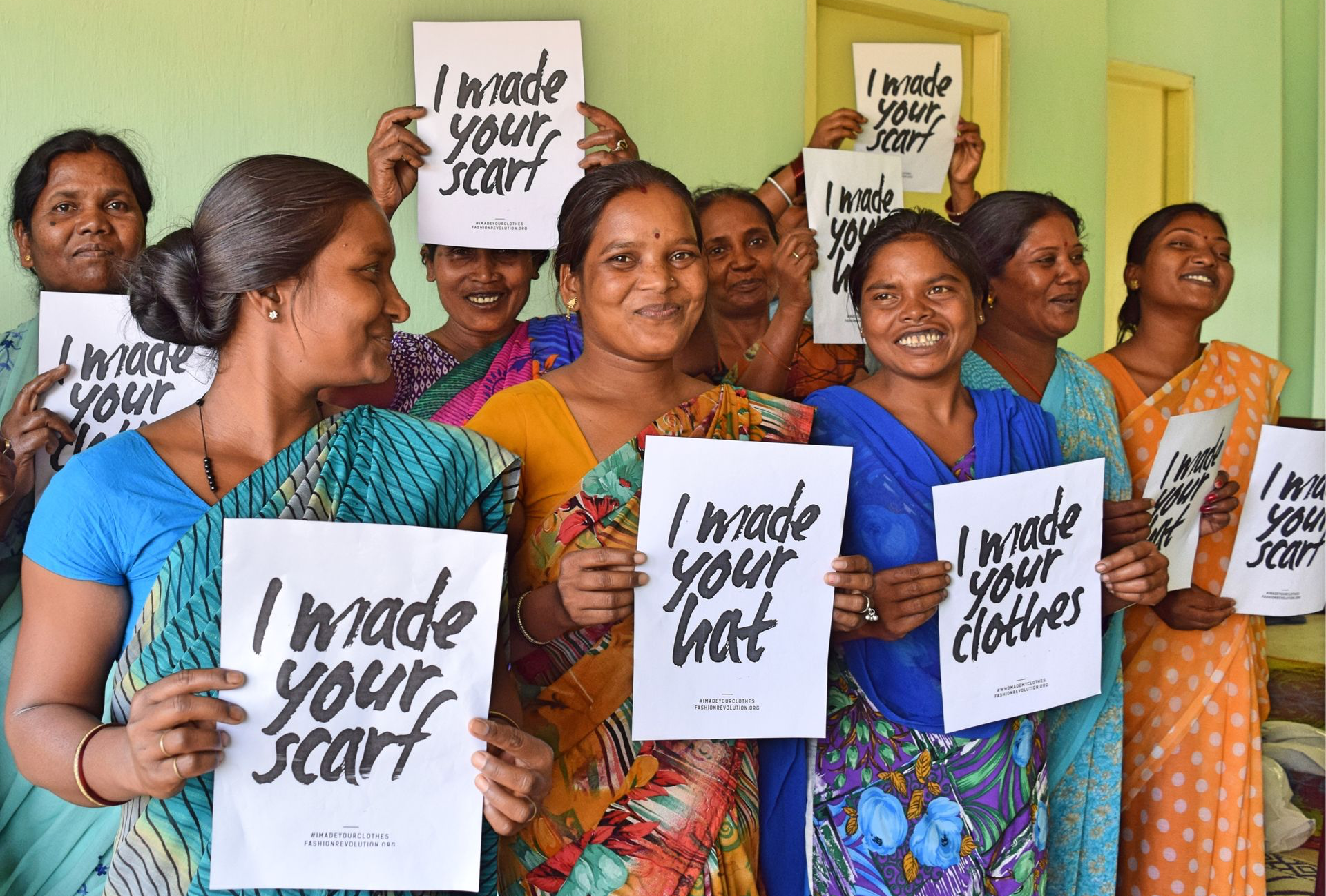Improved livelihoods
Working with rural families
Supporting Resilient Families in Peru’s High Andes
The Familias Saludables project works with 90 rural families each year—over a three-year period—across six selected highland communities in the districts of Vinchos and Acos Vinchos in Ayacucho, Peru. These areas, located at altitudes above 3,500 meters, are among the most vulnerable in the region. Many residents, particularly in Vinchos, rely on alpaca herding due to the limitations imposed by the harsh mountainous environment. The communities face extreme poverty, high levels of childhood anemia, and lack access to essential services like clean water, healthcare, and education. We focus on families with children, limited formal education, and poor infrastructure—prioritizing those who are motivated to engage actively in improving their living conditions.
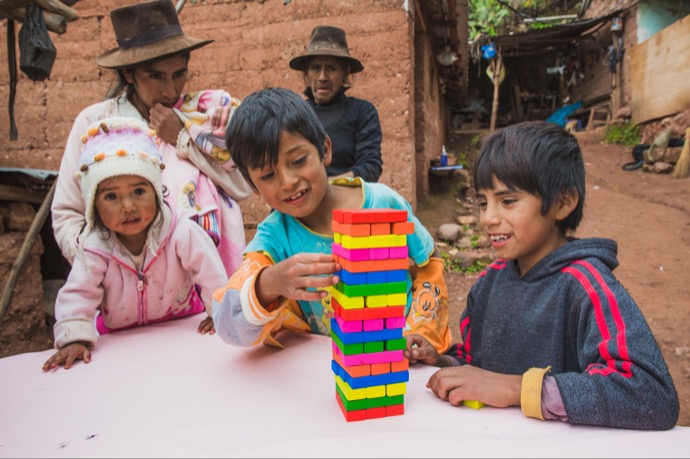
The healthy families project
Improved Housing
Supporting families with low tech housing upgrades.
Promoting Healthy Habits
Encouraging hygiene, nutrition, and safe water consumption.
School and Home greenhouses
Teaching families to grow food year-round and improve their diet.
Positive Parenting
Building trust, communication, and emotional resilience.
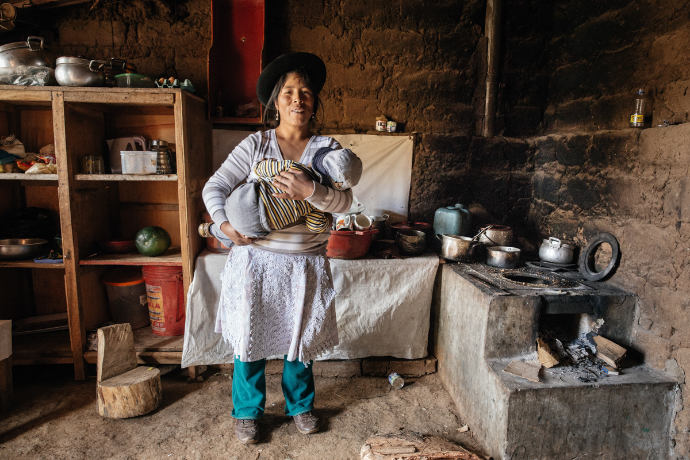
Our approach is rooted in empowerment rather than charity.
We support families through regular home visits, workshops, and school garden projects to foster sustainable improvements in housing, hygiene, nutrition, emotional wellbeing, and economic resilience. We avoid assistencialismo by encouraging families to invest their own effort—providing materials like seeds, greenhouse plastic, or specific supplies to build their kitchen, only when families contribute labor themselves. This hands-on model builds pride and autonomy, with children and mothers often leading change at home. Fathers and local authorities are also engaged to strengthen shared responsibility.
New this year are school greenhouses using the biointensive method, involving teachers, students, and parents to boost food self-sufficiency and ensure long-term impact.
rural families
Made possible with the financial support of
